ERP-Integration: Gewährleistung nahtloser Systemzusammenarbeit für betriebliche Effizienz

ERP integration refers to connecting your core ERP system with other existing and new software solutions to enable smooth data flow across your organization. This process is fundamental for achieving operational harmony and maximizing the value of your IT investments.
Why is ERP Integration Important?
Many organizations operate multiple software solutions—such as CRM, e-commerce platforms, manufacturing systems, and third-party tools—that need to communicate seamlessly. Without proper integration, data silos, redundant manual entries, and inconsistent data often occur, hampering productivity and decision accuracy.
Vorteile der ERP-Integration
- Data Consistency: Single source of truth across different systems.
- Operative Effizienz: Reduce manual and duplicate data entry, automating business processes.
- Real-Time Information: Enable instant data sharing for timely decisions.
- Cost Reduction: Minimize administrative overhead and errors.
- Business Continuity: Establish continuous workflows across different departments.
Core Steps in ERP Integration
- Current System Analysis: Understand existing software, technical infrastructure, and data flows.
- Selecting Integration Methods: Choose appropriate approaches such as APIs, middleware, or direct database links.
- Designing the Integration: Define data exchange protocols, security measures, and workflow logic.
- Implementation & Testing: Develop, connect, and rigorously test the integration points.
- Deployment and Support: Launch the integrations with ongoing monitoring and refinement.
Trends and Innovations in ERP Integration
- API-Driven Connectivity: RESTful APIs are now standard for flexible and scalable integrations.
- Cloud-Based Integration Platforms: Facilitate integration across hybrid-cloud environments.
- IoT and Industry 4.0: Connecting manufacturing assets and sensors directly to ERP.
- Security and Compliance: Focused on data privacy laws like GDPR.
Critical Considerations
- Opt for flexible, scalable solutions that grow with your business.
- Prioritize data security and privacy during integrations.
- Maintain detailed documentation for long-term maintainability.
- Ensure minimal disruption during deployment.
ERP integration unlocks the full potential of your system landscape. A well-executed integration strategy leads to smarter workflows, better insights, and a more agile organization.

